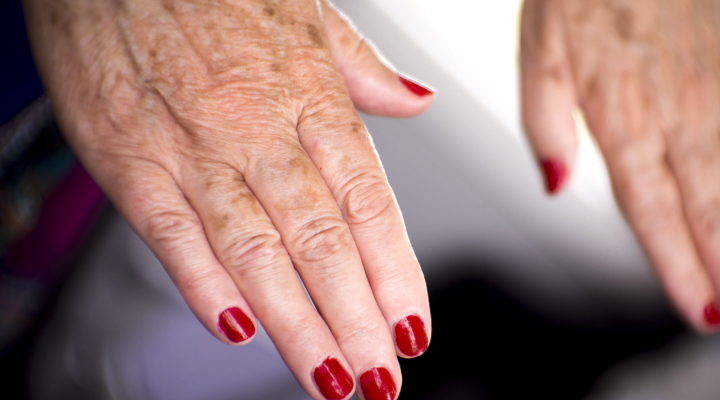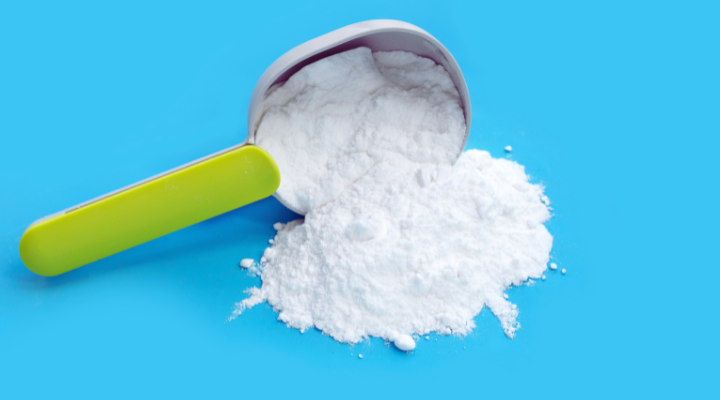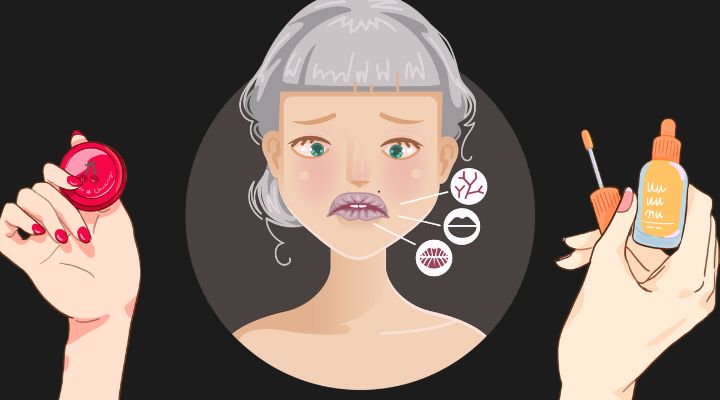Swollen ankles are a prevalent condition that can affect people of all ages and lifestyles. Swelling in the ankles, also known as edema, can range from mild discomfort to a symptom of a more serious underlying issue. It’s essential to understand the root causes of this swelling to address the condition effectively. In this article, we explore the five most common causes of swollen ankles, shedding light on their triggers and how to manage them.
1. Fluid Retention (Edema)
One of the primary causes of swollen ankles is fluid retention, which occurs when excess fluids accumulate in the body’s tissues. This condition is referred to as edema and can happen for various reasons, including poor circulation, high salt intake, and hormonal changes.
Common Triggers for Fluid Retention:
- Dietary Salt: High levels of sodium cause the body to hold onto water, which leads to swelling in the lower extremities.
- Prolonged Sitting or Standing: Remaining in one position for an extended period can cause fluid to pool in the ankles.
- Hormonal Fluctuations: Pregnancy, menstruation, or hormone therapy can cause fluid imbalances, leading to swollen ankles.

To manage fluid retention, we recommend reducing salt intake, staying hydrated, and engaging in regular movement, especially if your job requires prolonged sitting or standing.
2. Injury or Trauma
Injuries to the ankle, such as sprains, fractures, or soft tissue damage, can cause immediate swelling. The body reacts to injury by sending fluid to the affected area to aid in healing, leading to localized swelling, pain, and inflammation.
Symptoms of Ankle Injury:
- Sharp or persistent pain in the ankle or foot
- Bruising or redness around the affected area
- Difficulty bearing weight on the ankle
If you experience these symptoms, it’s crucial to follow the R.I.C.E. method: Rest, Ice, Compression, and Elevation. Severe injuries may require medical intervention, including imaging tests and possible immobilization or surgery.
3. Venous Insufficiency
Chronic venous insufficiency (CVI) occurs when the veins in the legs are unable to pump blood back to the heart efficiently. This results in blood pooling in the lower limbs, leading to swollen ankles and legs. CVI is often seen in older adults and those with a history of varicose veins or blood clots.
Signs of Venous Insufficiency:
- Heaviness or aching in the legs
- Development of varicose veins
- Skin discoloration around the ankles
Treatment for venous insufficiency includes compression stockings, elevating the legs, and lifestyle modifications such as weight management and exercise. In more severe cases, medical procedures like sclerotherapy or laser treatments may be required to improve blood flow.
4. Heart Failure
One of the more serious causes of swollen ankles is congestive heart failure (CHF). When the heart is unable to pump blood efficiently, fluid can back up in the lower extremities, leading to swelling in the ankles and feet. Swelling caused by CHF is typically more pronounced and persistent than swelling from other causes.
Symptoms of Heart Failure-Related Swelling:
- Persistent swelling in the legs, ankles, and feet
- Shortness of breath
- Fatigue and weakness
If you suspect that swollen ankles are related to heart failure, it is critical to seek medical attention immediately. Treatment often involves medications like diuretics to reduce fluid buildup, as well as lifestyle changes such as reducing sodium intake and engaging in regular physical activity.
5. Kidney Disease
The kidneys play a vital role in regulating fluid balance in the body. When the kidneys are not functioning properly, they fail to eliminate excess fluids, which can result in swelling in various parts of the body, including the ankles. Kidney disease can range from mild dysfunction to chronic conditions such as chronic kidney disease (CKD) or acute kidney failure.
Symptoms of Kidney Disease-Related Swelling:
- Swelling in the ankles, feet, and face
- Frequent urination, especially at night
- Foamy urine, a sign of protein leakage
Kidney disease requires thorough medical evaluation. Treatment often involves managing the underlying cause, such as controlling blood pressure or diabetes, which are common contributors to kidney issues. Medications, dialysis, or even kidney transplantation may be necessary in severe cases.
When to Seek Medical Help
While swollen ankles can often be attributed to minor issues like fluid retention or injury, persistent or worsening swelling should never be ignored. If you experience any of the following, consult a healthcare provider:
- Sudden onset of swelling without apparent cause
- Pain, redness, or warmth in the swollen area (a possible sign of infection or deep vein thrombosis)
- Difficulty breathing or chest pain, which could indicate heart failure
- Swelling accompanied by other concerning symptoms such as fever or fatigue
A healthcare professional will perform a thorough assessment to determine the cause of your swollen ankles and recommend appropriate treatment.
How to Prevent Swollen Ankles
To reduce the likelihood of experiencing swollen ankles, we recommend adopting the following preventive measures:
- Stay Active: Regular physical activity, such as walking or swimming, can improve circulation and reduce fluid buildup in the legs.
- Elevate Your Feet: Elevating your legs above the level of your heart for 20 minutes, several times a day, can help prevent fluid accumulation.
- Wear Compression Stockings: Compression socks or stockings can assist in improving circulation, especially for those who sit or stand for extended periods.
- Monitor Salt Intake: Limiting dietary salt can prevent fluid retention and reduce the risk of swollen ankles.
By understanding the common causes of swollen ankles and adopting preventative measures, you can minimize discomfort and address any underlying health concerns.





